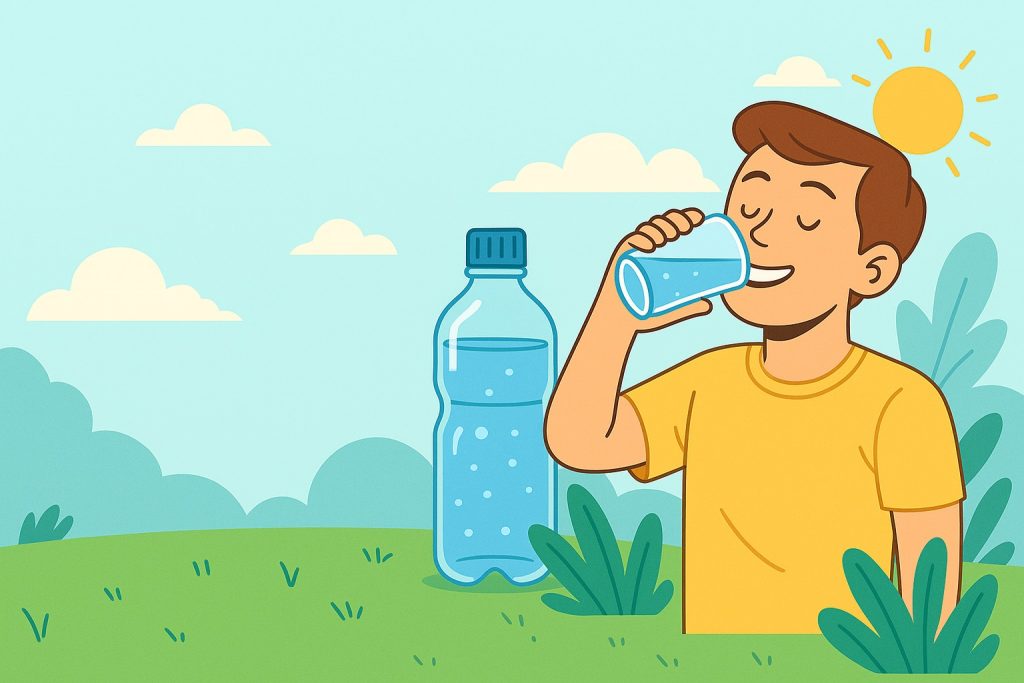Water is the foundation of life. Every cell, tissue, and organ in the human body relies on it to function properly. Despite its importance, many people underestimate the role of hydration in maintaining health and well-being. In this article, we explore how much water the body really needs, when it’s best to drink it, and the signs that you’re not getting enough.
Why Water Matters
Water plays a central role in numerous bodily functions, including:
- Regulating body temperature through sweating and respiration
- Transporting nutrients and oxygen to cells
- Flushing out waste through urine and bowel movements
- Lubricating joints and protecting sensitive tissues
- Maintaining skin health and elasticity
Even slight dehydration can impair cognitive function, physical performance, and mood.
How Much Water Should You Drink?
There is no one-size-fits-all answer, as water needs vary depending on factors like age, weight, climate, physical activity, and overall health. However, general recommendations include:
- Women: ~2.7 liters (about 91 oz) per day from all beverages and food
- Men: ~3.7 liters (about 125 oz) per day from all beverages and food
This includes water from fruits, vegetables, tea, coffee, and soups.
A simple rule:
Aim for 8 glasses of water (about 2 liters) per day as a baseline, and adjust based on your lifestyle.
When to Drink Water
Drinking water at strategic times can maximize its benefits:
- After waking up – helps kickstart metabolism and flush toxins
- 30 minutes before meals – improves digestion and prevents overeating
- Before, during, and after exercise – replaces fluids lost through sweat
- When feeling tired or unfocused – mild dehydration often causes fatigue
- Before bed – only if needed, and in small amounts to avoid night trips to the bathroom
Signs You May Be Dehydrated
Watch for these warning signs:
- Dark yellow urine
- Dry mouth or lips
- Headache
- Dizziness or light-headedness
- Fatigue or lack of focus
- Constipation
In hot climates or during illness, your fluid needs may be significantly higher.
Can You Drink Too Much Water?
Yes. Excessive water intake in a short time can lead to a condition called hyponatremia (low sodium levels). Always listen to your body’s signals and aim for balance.
Final Thoughts
Proper hydration is a simple yet powerful way to support your health. While individual needs may vary, staying aware of your body’s signals and drinking water consistently throughout the day is key. Make it a habit, not a chore — your body will thank you.
Glossary
- Hydration — the process of absorbing water into the body
- Metabolism — the set of life-sustaining chemical reactions in organisms
- Hyponatremia — a medical condition caused by low sodium levels in the blood due to excessive water intake


